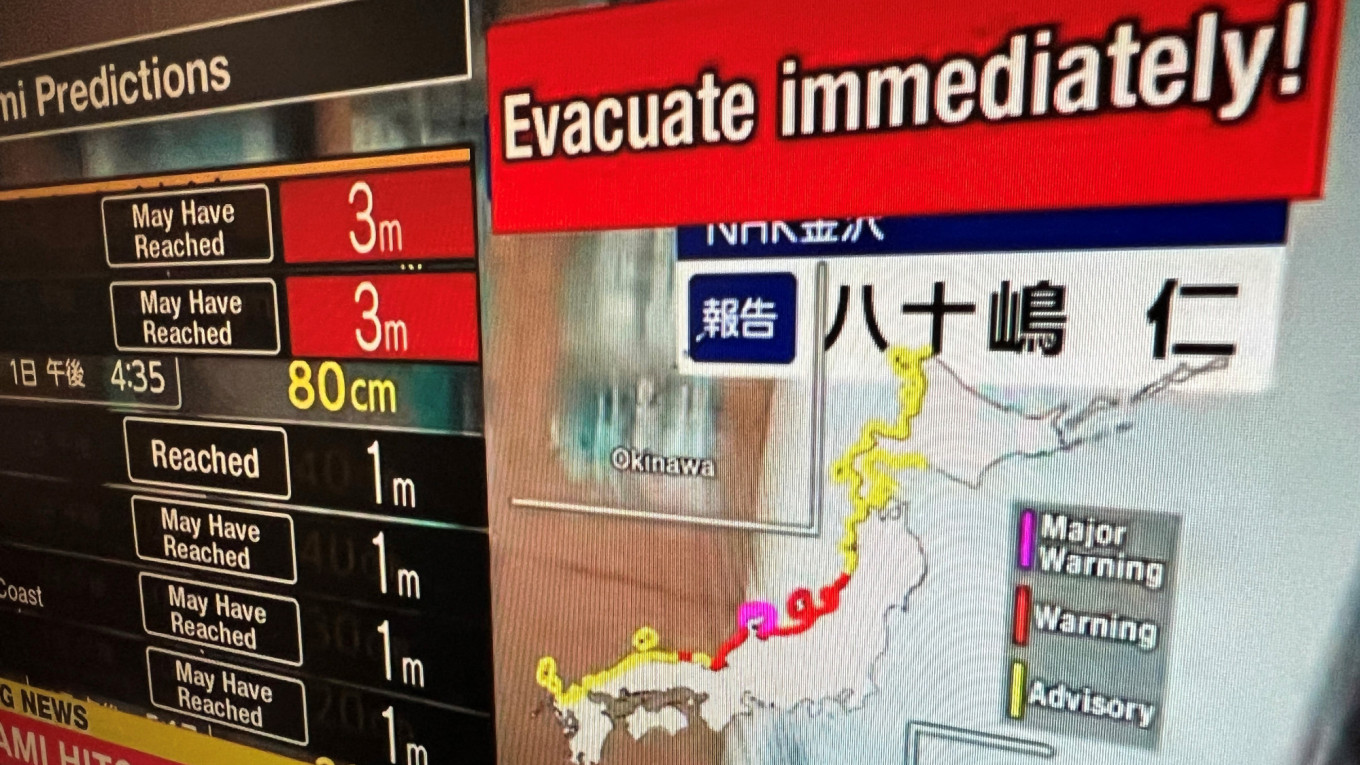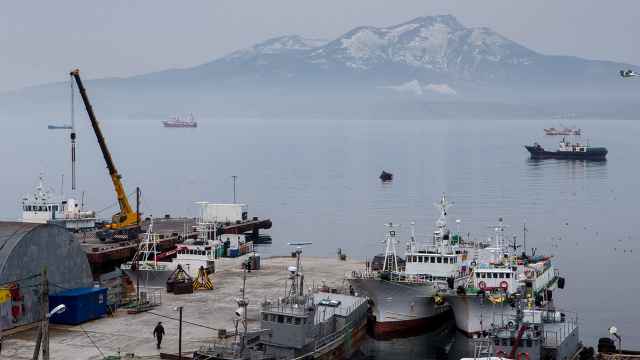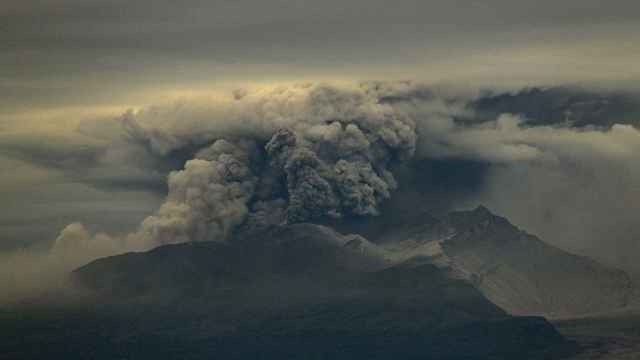A tsunami warning has been issued in Far East Russia after a series of powerful earthquakes struck Japan on Monday, authorities in multiple Russian regions announced.
In the Primorye region city of Vladivostok, located on the coast of the Sea of Japan, authorities said they expect waves to reach 30 centimeters by Monday evening and urged fishing vessels to return to shore.
Nakhodka, another city in the Primorye region, issued a “dragnet alert” and triggered warning sirens, but stressed that residents were not in danger due to the waves, which were expected to reach 57 centimeters.
A similar tsunami alert was issued by the emergency authorities in the neighboring Khabarovsk region.
In a since-deleted post on social media, the Sakhalin region’s Emergency Situations Ministry branch said its coastal population was being evacuated to safety.
“Everyone located in the coastal part of the Tatar Strait [which separates Sakhalin island from mainland Russia] should immediately seek refuge at heights 30-40 meters above sea level,” the ministry said on the Russian social network Vkontakte.
Authorities later told state-run news agencies that the evacuation had been called off since the waves were not expected to reach more than 50 centimeters.
A powerful earthquake with an estimated magnitude of 7.6 struck western Japan on Monday, triggering tsunami warnings along the length of the country's western coastline and prompting evacuation orders for residents.
The initial more powerful quake was followed by a rapid succession of 21 quakes registering a magnitude of 4 or stronger.
Japanese weather agencies warned that waves up to five meters in height could reach coastal communities, with 1.2-meter waves already reaching some areas by early Monday afternoon.
More than 36,000 households had lost power in some parts of western Japan, according to utilities provider Hokuriku Electric Power.
A Message from The Moscow Times:
Dear readers,
We are facing unprecedented challenges. Russia's Prosecutor General's Office has designated The Moscow Times as an "undesirable" organization, criminalizing our work and putting our staff at risk of prosecution. This follows our earlier unjust labeling as a "foreign agent."
These actions are direct attempts to silence independent journalism in Russia. The authorities claim our work "discredits the decisions of the Russian leadership." We see things differently: we strive to provide accurate, unbiased reporting on Russia.
We, the journalists of The Moscow Times, refuse to be silenced. But to continue our work, we need your help.
Your support, no matter how small, makes a world of difference. If you can, please support us monthly starting from just $2. It's quick to set up, and every contribution makes a significant impact.
By supporting The Moscow Times, you're defending open, independent journalism in the face of repression. Thank you for standing with us.
Remind me later.






